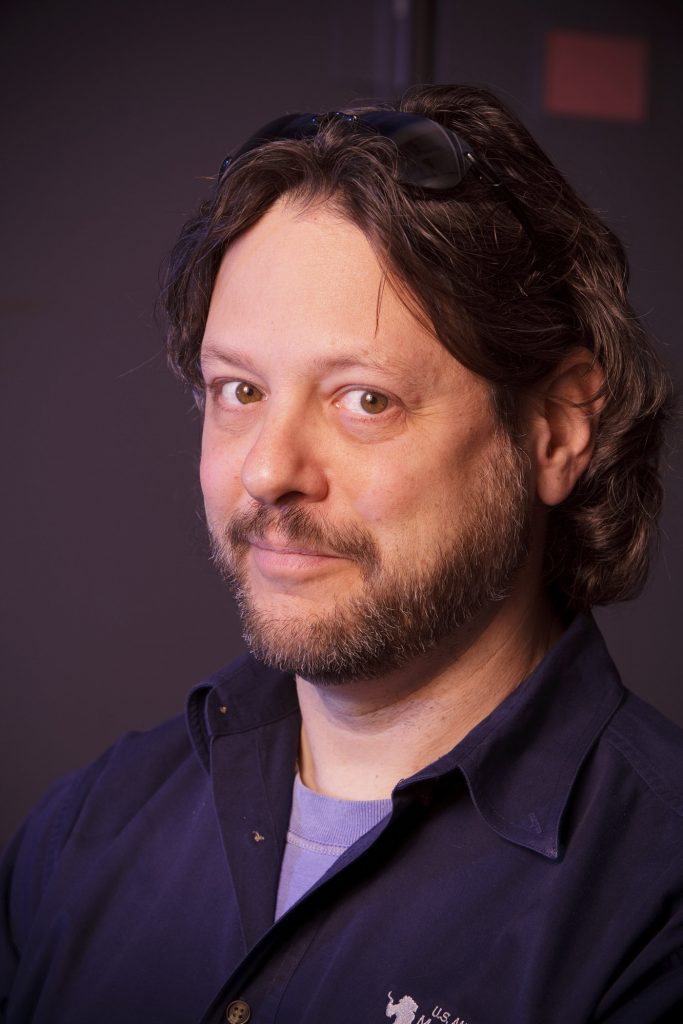
First entry: Introduction
This is Dr. Stephen Pekar, and I have been a geology professor at Queens College since 2003. My main focus of research has been investigating past climate and oceanographic changes during times (16- 45 million years ago) when CO2 was as high as what is predicted for this century (500-1000 ppm).
As CO2 is rising rapidly today, which is predicted to be like putting our climate on a “hot plate,” exploring these times for me is like “Looking Back to Our Future.” To investigate climate change of the past, I look at sediments, microfossil, and geochemical data obtained from cores obtained from near-shore to deep-sea locations ranging from the tropics to Antarctica.
My research has taken me on expeditions around the world, including three to Antarctica, one of which I was project leader. This January, I will be part of a scientific team to recover Antarctic sediments deposited when Antarctica was ice-free as part of the Integrated Drilling Program Expedition 318: Wilkes Land.
One area of study I have been working on is when the climate switched from a warm Greenhouse World, a time when Antarctica was mainly ice-free and contained vast forests, to a cold Icehouse World, when the planet cooled and large continental sized ice sheets grew for the first time in Antarctica in over 200 million years. In fact, climate has changed more in Antarctica than any other place on Earth, making Antarctica “Ground zero” for climate change. However, past Antarctic climate changes are still the biggest unknown in understanding past global change, therefore, Antarctica has become the last piece to be put into place in the global picture in figuring out the climate puzzle. Since so few sedimentary cores from the Greenhouse World have been recovered from Antarctica, many Antarctic scientists consider them to be like “Antarctic Holy Grails.”
I am a Queens native, growing up in the Rockaways and attending Queens College, first as a 20th century music composition major. After I took a break from college to travel for about a year and a half, I returned to get my BA in Education. I have been enthralled and in love with exploring and discovering new places and ideas. In fact, I have traveled to over 40 countries, working in six of them ranging from archeology in France, grape picking in Germany, and a movie extra in China, to house pianist in a restaurant in Israel. However, as Antarctica is the most remote, coldest, and most harsh continent on Earth, for me going there to conduct research is like going to another planet and exploring undiscovered country.